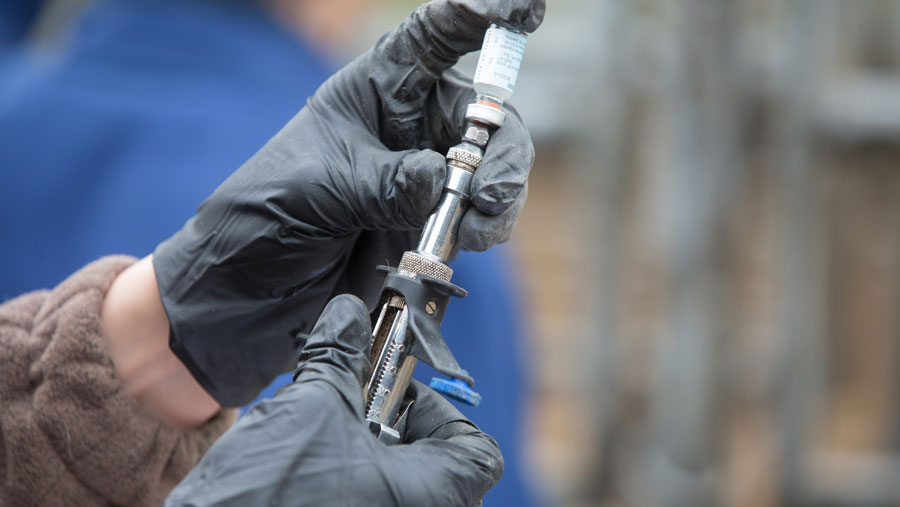Tougher TB controls set out for Scotland
 © Tim Scrivener
© Tim Scrivener The Scottish government has set out proposals for tougher bovine TB controls, including revised testing, movement, isolation and unclean cattle rules.
Scotland has held Officially Tuberculosis Free Status (OTF) since 2009 because it has a low number of outbreaks.
But sporadic cases occur in bought-in cattle, which are tackled through an eradication programme of testing and removal, according to a Scottish government spokesperson.
See also: Welsh hill farmer renews call for food labelling system
To help protect its OTF status, officials have proposed five amendments to the programme within a 12-week consultation period launched on 9 May.
Five proposed TB rule changes
- A clear result from a final short interval test (SIT) will no longer be accepted as a valid pre-movement check following a herd breakdown, the consultation suggested. Instead, any cattle moving out of the herd will need to record a negative result in a further pre-movement skin test.
- The time period over which a negative result in pre-movement tests remains valid will be cut from the current 60 days to 30 days after the tuberculin injection. This will reduce the risk of cattle contracting TB between the dates of the test and the movement. It will also bring domestic and export pre-movement testing into line.
- Compensation rates paid for unclean cattle at slaughter will be cut. When a TB-infected animal is sent for slaughter, the government pays compensation and recovers some of the cost by selling the carcass for human consumption. However, if cattle are sent to slaughter with dirty hides, the meat is condemned. In these cases there is no opportunity for cost recovery and the government foots the bill for the entire loss. Farmers in England already face 50% cuts in compensation rates if dirty cattle are sent for slaughter, and the Scottish government has proposed a similar measure.
- Isolation procedures of both reactors and inconclusive reactors (IRs) will be tightened. To reduce the threat of disease spread within a herd, the Scottish government plans to introduce statutory, designated isolation areas, inspected by government officials. If farms are inspected and isolation areas are found to be inadequate, penalties may apply.
- All non-statutory and private sampling of TB tests will require the prior written permission of Scottish ministers. This proposal is designed to gain a tighter grip on testing, which is sometimes carried out in laboratories abroad. In these cases, current measures do not need written consent, potentially allowing vital information to bypass animal health officials.
Have your say
Deadline: 1 August 2022
Online: Visit the Scottish government website
By post: Send responses to Bovine TB Consultation, Scottish Government, Animal Health & Welfare, P Spur, Saughton House, Broomhouse Drive, Edinburgh EH11 3XD
Email: Respond via BovineTB.consultation@gov.scot
